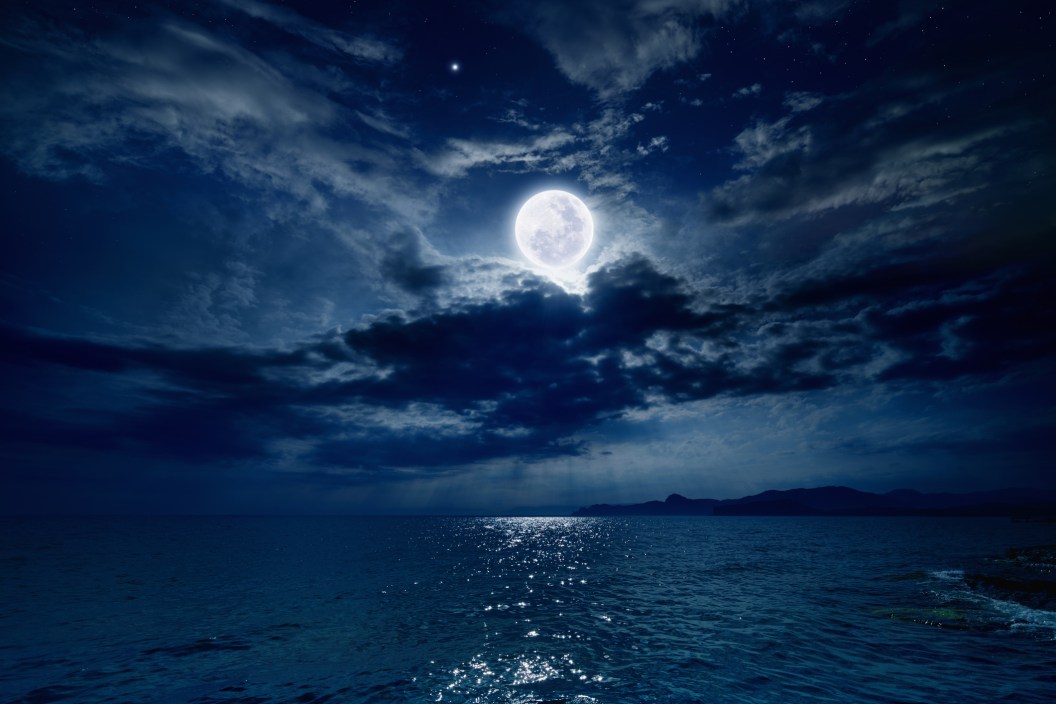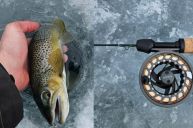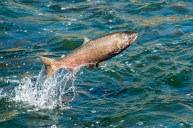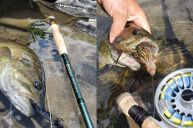A small Canadian community is reeling after a weekend tragedy wherein five victims drowned after getting caught in the rising tide while fishing.
On Saturday night, a group of 11 went night fishing for capelin on a sandy peninsula on the banks of the St. Lawrence River in Quebec. During the night, the tide rose unexpectedly and swept part of the group away.
Four minors were discovered unresponsive on the shore hours later and pronounced dead. The body of the sole adult, 37-year-old Keven Girard, was later recovered from the water, according to Sgt. Béatrice Dorsainville.
The peninsula where the group was fishing has sections that can be submerged by roughly 13 feet of water when the tide comes in, Quebec Mayor Jean-Maurice Tremblay told the Associated Press.
Capelin are a smelt fish often fished along the river using scoops at night, when capelins are most active. Fishing for capelin is popular along this portion of Quebec's North Shore, the mayor said. But he added that it's important to watch for fluctuating tides, especially since rising tides can be difficult to identify in the darkness.
How to Stay Safe Night Fishing
Accidents can happen to even the most prepared anglers, but some proactive planning can help keep dire consequences to a minimum.
Night fishing has the potential to be more dangerous than daytime fishing, simply because there is limited visibility to identify surroundings. Here are the safety precautions you should take:
- Try to arrive at your fishing location to set up before nightfall. Anglers can use the lingering daylight to scan the horizon for potential risks or hazards.
- Wear a headlamp, or bring a good light source. Complete darkness makes it difficult to navigate.
- Have a plan for keeping track of everyone—and stick to it. When fishing in groups it is important to know where others are. Use the buddy system. And make sure that someone beyond the fishing group knows the details of where they'll be fishing and your approximate time of return.
- Bring the essentials, such as water, snacks, a first aid kit, and a fully charged cell phone or radio. The unexpected does occur and having some of these items on hand could make-or-break a bad situation.
- Check tide charts. And make sure you understand them. Tides are changes in the sea level that occur due to the moon's gravitational pull and Earth's rotation. These changes don't occur at exactly the same time every day. If you're going to spend time along the coast, it's crucial to have an understanding of when tides may occur by consulting expert-produced tide charts and tables.




